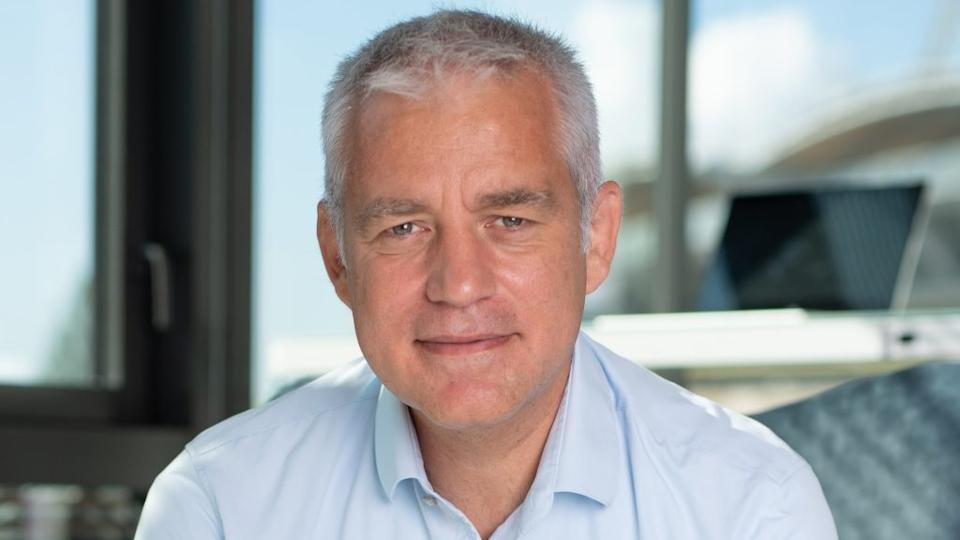MaaT microbiota drug shows survival advantage in GvHD

MaaT Pharma's chief executive and co-founder Hervé Affagard
MaaT Pharma’s quest to bring a microbiota-based therapy to market has moved a step forward with new data showing a benefit for its MaaT013 candidate in an early-access programme (EAP).
The therapy – which is a standardised preparation of faecal bacterial species from donors – showed “a clear reduction in disease burden and improved overall survival at 18 months” compared to published data in 140 patients with acute graft-versus-host disease (aGvHD), according to the company.
The study is due to be presented at the European Society for Blood and Marrow Transplantation (EBMT) congress in Glasgow later today and provides a glimpse of the potential of MaaT013 as it navigates a phase 3 trial en route to a possible launch in the next couple of years.
Among a group of heavily pretreated aGvHD patients who were not responding to steroid therapies or had become dependent on them, MaaT013 was associated with an OS rate of 54% at six months, 47% at 12 months, and 42% at 18 months.
Among the 52% of subjects who showed a gastrointestinal response at day 28, the OS advantage was even higher at 58% compared to 24% for non-responders.
Severe aGvHD is a major source of morbidity and mortality following allogeneic haematopoietic cell transplantation (allo-HCT), with less than half of patients achieving a durable response to first-line steroid therapy and a lack of second-line or later options.
According to study investigator Professor Florent Malard of Saint-Antoine Hospital and Sorbonne University in Paris, the therapy has shown “remarkable efficacy” along with reduced toxicity compared to standard immunosuppressive drugs, which would be considered after steroid failure.
“Notably, these results are achieved with just three doses in less than two weeks of treatment initiation,” he said. “This would not only improve patient outcomes, but also significantly enhance their quality of life.”
MaaT013 generated particularly impressive results in third-line patients, who had failed to respond to both steroids and Incyte’s JAK inhibitor Jakafi (ruxolitinib) and who typically have a 12-month survival rate of just 15%. In this group, there was a higher GI response rate at 63% with OS at 42% at 18 months.
That’s a particularly compelling finding for MaaT Pharma, as its ongoing phase 3 ARES trial of the therapy is focusing on steroid and Jakafi-refractory patients with gastrointestinal aGvHD. Results are due later this year.
The company’s chief executive and co-founder, Hervé Affagard, said the new data “distinguishes [the] treatment in a context where current options offer only limited benefits and lead to severe complications.”
He added: “Anticipating a positive phase 3 outcome and a potential commercial launch in 2026, we aim to capture a substantial share of the market for third-line patients, thereby marking a turning point in the management of this condition.”
The French drugmaker is also testing MaaT013 as an immunotherapy for metastatic melanoma alongside checkpoint inhibitors, and has follow-up therapies in clinical testing to improve outcomes in blood cancers treated with allo-HCT and amyotrophic lateral sclerosis (ALS).












